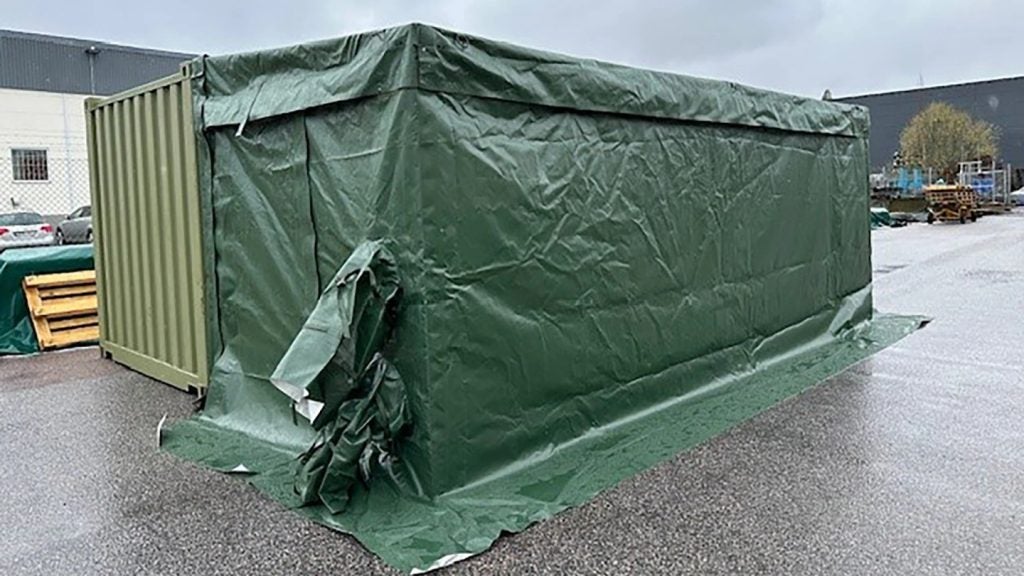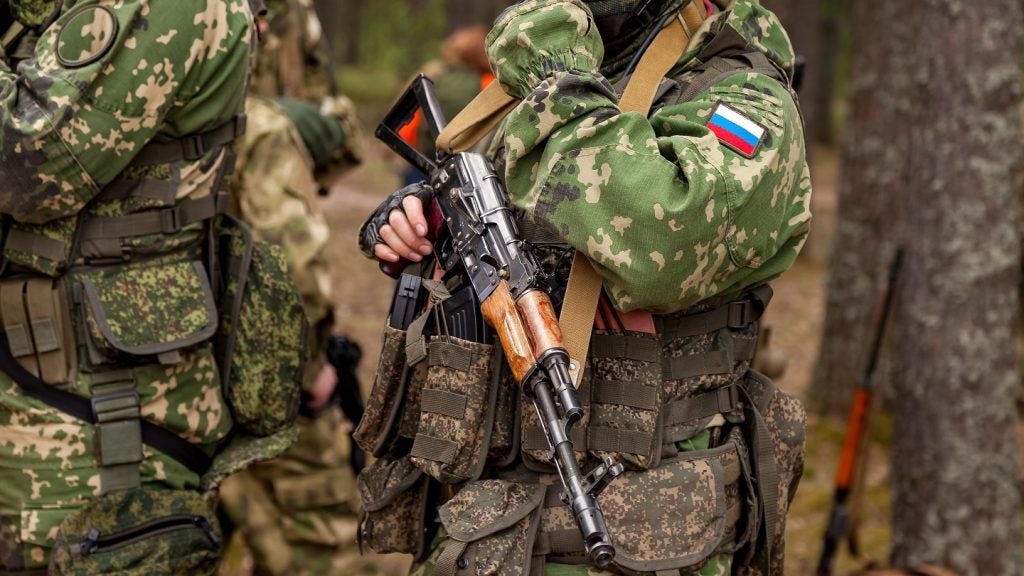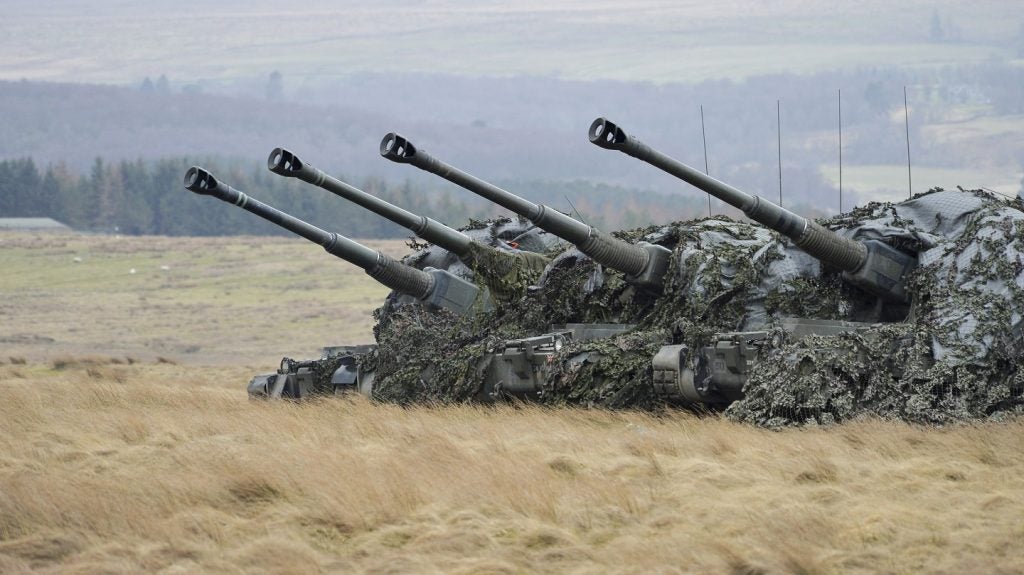
As the situation deteriorates in northern Kosovo, the UK Defence Minister Grant Shapps has ordered the deployment of UK Forces to the country following a request from Nato’s Supreme Allied Commander for Europe.
Drawn from the 1st Battalion of the Princess of Wales Royal Regiment, 200 soliders will deploy to Kosovo to ‘maintain a safe and secure environment’ for the people of Kosovo, according to an announcement made by the Ministry of Defence, on 1 October.
“The deployment of the 1st Battalion of the Princess of Wales’s Royal Regiment demonstrates the responsiveness of the UK’s Armed Forces,” said Admiral Sir Tony Radakin, Chief of the Defence Staff. “We continue to be a fundamental part of the Nato alliance, sharing our military expertise and strength.”
The announcement follows a deadly attack on 24 September in Banjska in Northern Kosovo, where the fatal shooting of a police officer investigating an unauthorised roadblock led to the siege of a local monastery occupied by a number of gunmen. The firefight left three of the attackers dead, while the remainder were able to make an escape, leaving behind grenade launchers, bazookas, assault rifles, hand grenades, an armoured vehicle and a jeep, according reports from DW.
Responsibility for the attack was attributed to Milan Radojicic, leader of the Srpska Lista (Serb List) political party that dominates northern Kosovo, after Kosovo’s interior ministry released drone footage from the attack showing Radojicic at the scene, armed with an automatic rifle, and talking on a mobile phone while surrounded by a number of the gunmen. On 29 September, Radojicic confirmed that he was responsible for the attack.
Tensions have been growing between the majority ethnic Albanian population of Kosovo and the Serb minority since a dispute over the recognition and use of Serbian car licence plates devolved into violence, and the voluntary withdrawal of Serbians from the apparatus of the state. The lack of Serbian candidates in the recent elections and their boycott by Serbian voters has left questions about the legitimacy of the election results, with many serving politicians in the North of Kosovo, a region that is overwhelmingly populated by Serbs, elected by only a small share of the electorate.
The UK armed forces being deployed will join 400 other UK soldiers already deployed as a part of Nato’s Kosovo mission, KFOR, a peacekeeping force first established in 1999 to deter renewed hostility following the air campaign against Slobodan Milošević’s regime. KFOR consits of 4,500 troops from 27 Allied and partner countries, with a mandate from a United Nations Security Council Resolution supported by the UK.
The UK currently contributes two intelligence, surveillance and reconnaissance units and staff officers for the mission’s Headquarters as part of its efforts to bolster security in the country and take part in peacekeeping activities.







